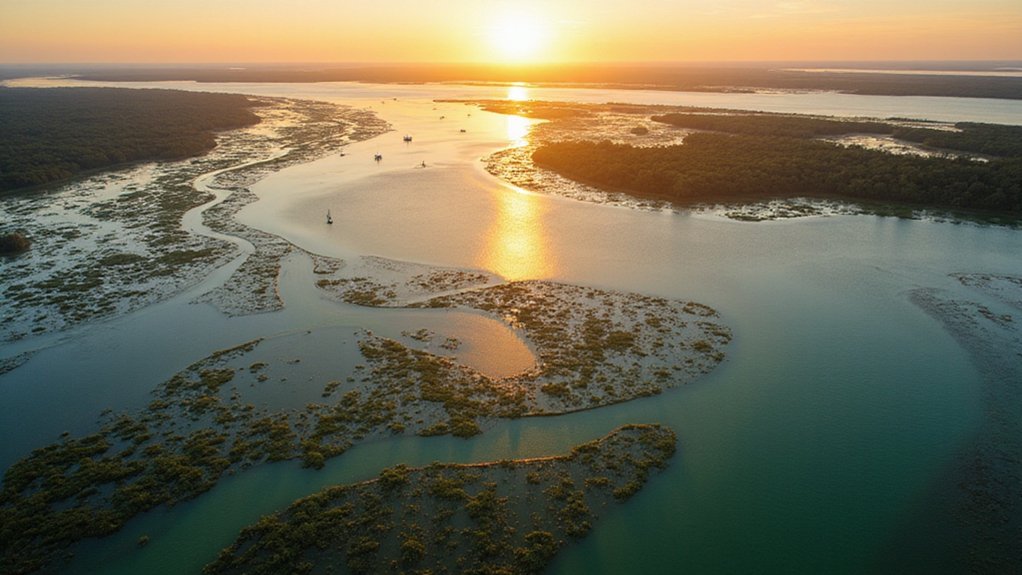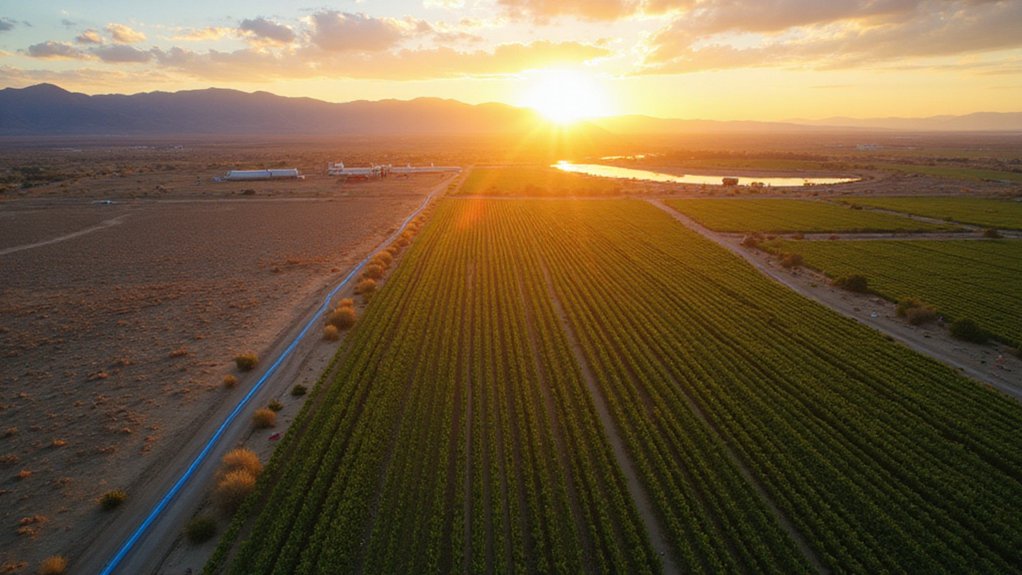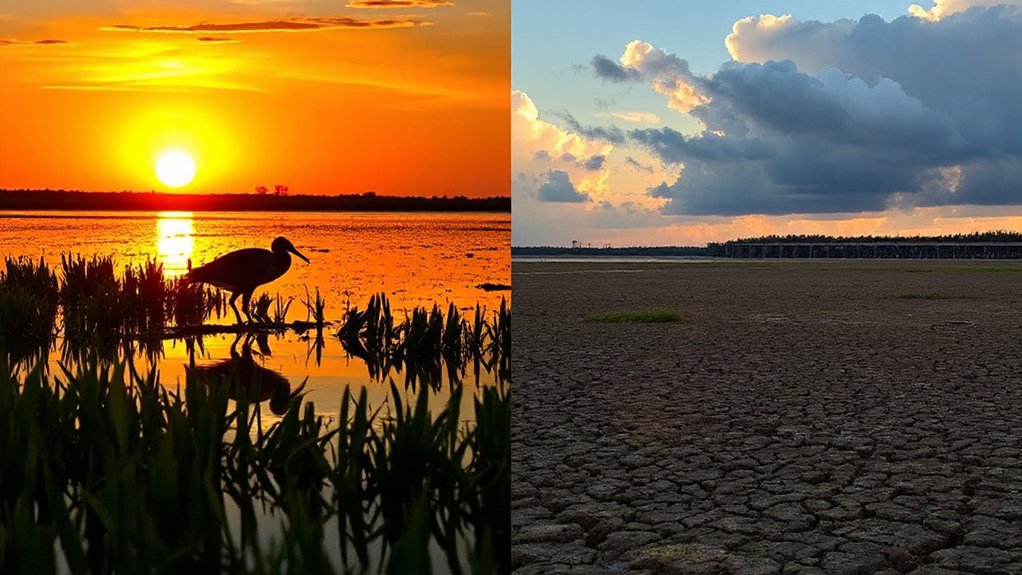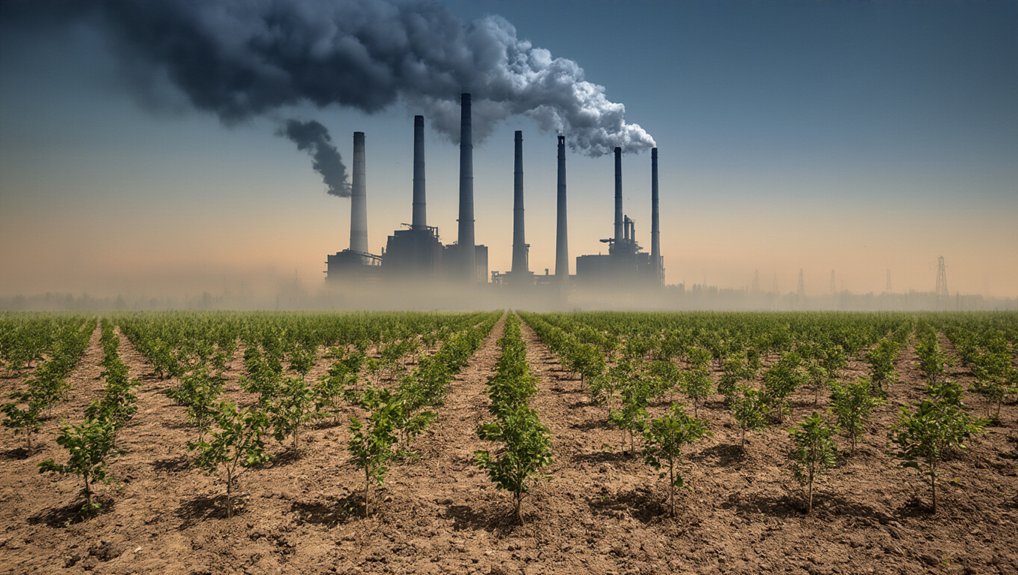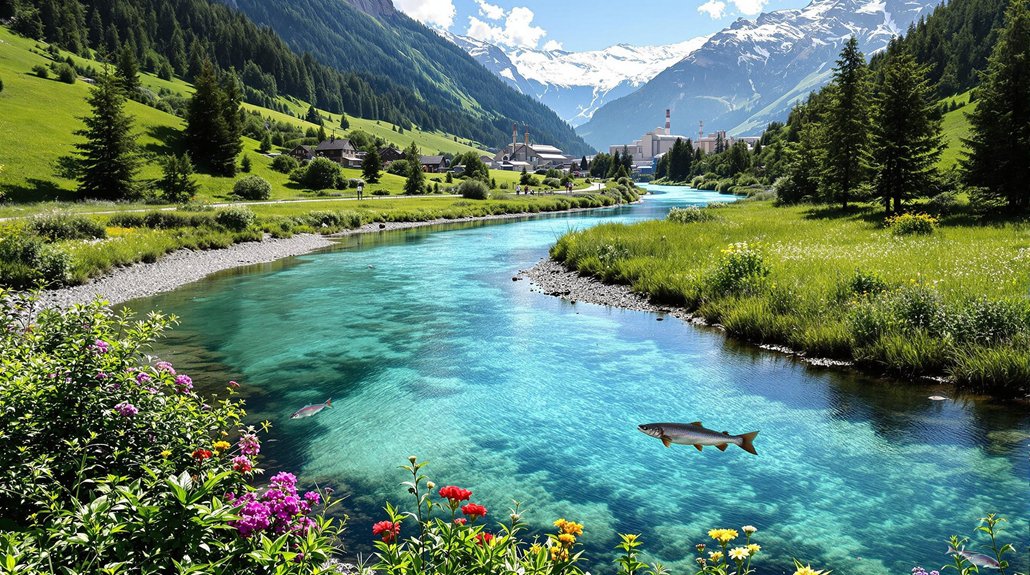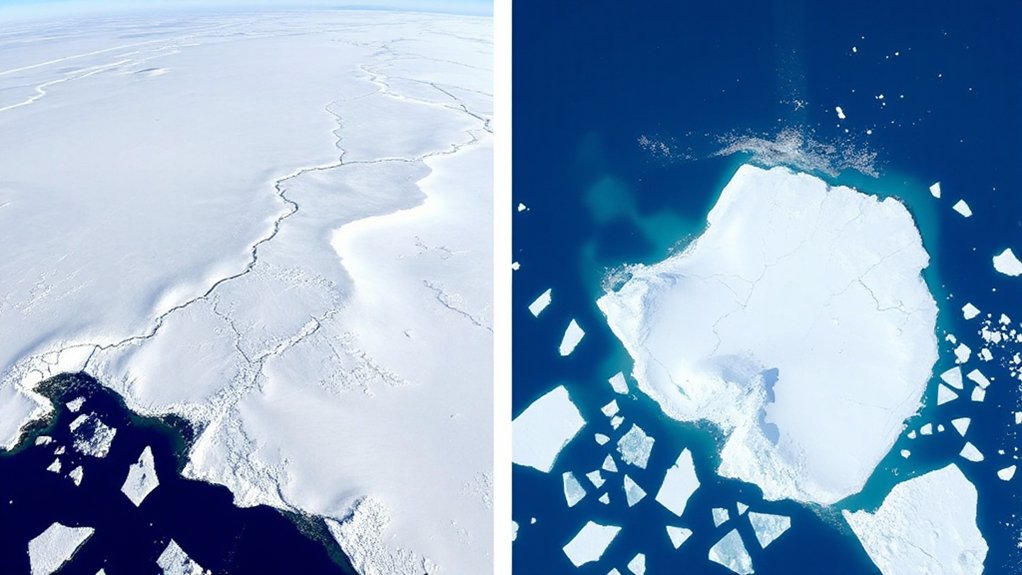Florida’s House recently voted 116-0 to ban oil and gas drilling near the Apalachicola National Estuarine Research Reserve. The bipartisan bill, HB 1143, protects this essential waterway after concerns arose about exploratory drilling permits. Lawmakers cited economic risks to seafood and tourism industries from potential oil spills. A similar bill is moving through the Senate. The unanimous decision shows strong commitment to preserving Florida’s natural resources for future generations.
Florida’s lawmakers have sent a powerful message about the state’s waterways. The Florida House voted 116-0 to approve a bill that bans oil and gas drilling within 10 miles of the Apalachicola National Estuarine Research Reserve. This unanimous decision shows strong support from both political parties for protecting this important natural resource.
The bill, known as HB 1143, came after people worried about a draft permit for exploratory drilling near the Apalachicola River in Calhoun County. The Florida House State Affairs Committee also gave the proposal unanimous approval. A similar bill is moving through the Senate, and the two versions will need to be merged before going to the governor.
HB 1143 emerged as Floridians voiced concerns about potential drilling near the Apalachicola River, with both chambers working toward a unified bill.
These protections don’t just cover the Apalachicola area. They also extend to the Guana Tolomato Matanzas reserve and Rookery Bay reserve. The Senate’s version focuses on counties labeled as rural areas of opportunity, including Calhoun, Franklin, Gulf, and Liberty.
Lawmakers cited serious economic risks from potential oil spills. The decision comes amid safety regulation rollbacks that have weakened offshore drilling protections under the Trump administration. They pointed to the BP Deepwater Horizon disaster, which killed about 800,000 birds and cost billions in tourism and seafood industry losses. The Apalachicola region depends heavily on clean water for its seafood and tourism businesses.
The new rules require the Florida Department of Environmental Protection to use a “balancing test” when considering future drilling permits near water bodies. This test weighs environmental protections against the risks of accidents. Eric Hamilton from American Petroleum Institute has criticized the 10-mile rule as arbitrary and problematic for mineral rights holders.
There’s already a legal battle over drilling in this region. A case about a draft permit for exploratory drilling in Calhoun County is before the state Division of Administrative Hearings. A judge recently recommended against allowing drilling near the river.
Environmental groups like Apalachicola Riverkeeper have fought hard against drilling permits. The legislation represents a bipartisan effort led by Republican Jason Shoaf and Democrat Allison Tant, showing rare political unity on environmental issues. Public testimony played a big role in this legislative win. The Apalachicola River and Bay are designated as areas of critical state concern because of their ecological and economic importance to Florida.
References
- https://www.cbsnews.com/miami/news/offshore-oil-drilling-ban-environmentally-sensitive-areas-florida-house-vote/
- https://franklincounty.news/2025/04/22/house-backs-drilling-ban-riverkeeper-presses-simon/
- https://www.cltampa.com/news/florida-judge-recommends-against-drilling-near-the-apalachicola-river-19929559
- https://news.wfsu.org/wfsu-local-news/2025-05-01/florida-lawmakers-and-a-judge-thwart-oil-drilling-near-apalachicola-bay
- https://floridapolitics.com/archives/732896-a-tale-of-2-apalachicola-oil-drilling-bills/
